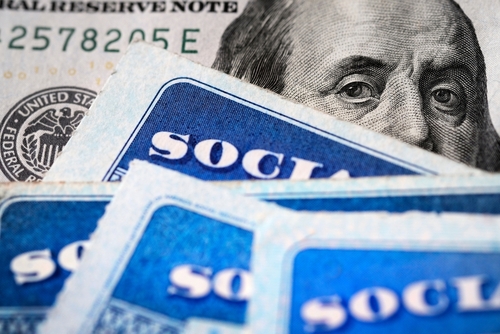
Social Security benefits will be paid out twice in the month of June for some recipients, but not everyone. Hearing that someone else has gotten double checks when you’ve only gotten one or have yet to be approved for Social Security Disability Insurance (SSDI) can be frustrating, but here’s the scoop behind the dual payments.
The SSDI Disbursement Schedule Is Different
Here is how this summer’s payment schedule is scheduled to pan out:
- Supplemental Security Income (SSI) payments for some Americans over age 65 and qualifying adults will be sent on the first and last day of June.
- The SSDI payments will deliver full benefits.
- There will not be any payment in July.
- The next payment after the two in June will be the August 1 payment.
When to Expect Your Social Security Check
If you have received your Social Security checks more than once, you know precisely when to expect your checks, so any divergence from the norm is understandably concerning. Here is the typical timeline:
- Benefits are paid on the second, third, and fourth Wednesday of every month, depending on the recipient’s birthday.
- SSI payments go out the first of the month.
- If the date of the payment falls on a weekend or federal holiday, the disbursement is moved to the previous business day. The regular SSDI payment schedule is resumed the following month.
- For anyone who receives both SSI and Social Security, or benefits were claimed before May 1997, the regular Social Security payment will be sent on the third of the month and SSI on the first. The June change has these payments going out on Friday.
- These rules apply to a spouse or child receiving someone else’s benefits – they receive someone else’s benefits on the same day as the main beneficiary, even if they slide at times.
It can feel strange to get two checks in one month and then go another month without a check at all, but it’s important to pay attention to what you receive so you don’t consider something a bonus, indulge, then find yourself without the next monthly payment you anticipated.
What to Do If You Don’t Get a Payment
If your benefits do not arrive as expected or as outlined above, wait no more than three business days and then call the Social Security Administration to find out what’s going on. Your SSDI attorney can also help you with the interpretation of the SSA payments schedule or the viewing of your online payment status.
Social Security disability is not always easy or understandable. Changes to the system can put you at a disadvantage, especially if you’re in the middle of trying to apply or waiting for an answer to your application. Working with an experienced lawyer who knows the ins and outs of the system will give you an advantage and ensure that you are always prepared when it comes to your SSDI payments.
Improve your chances of getting SSDI benefits from the start. Hire a Social Security Disability attorney at Thurswell Law. Schedule a consultation by calling (248) 354-2222 today. We do not charge any fees until we win.
